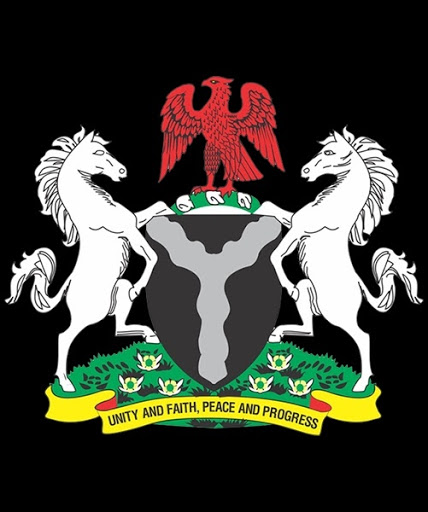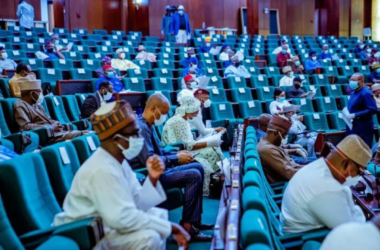Thirty-two years have passed since June 12, 1993, a date etched in Nigeria’s history as a beacon of democratic aspiration. The presidential election held on that day, overwhelmingly won by MKO Abiola, transcended the deeply entrenched religious and tribal divides that often plague our nation. Nigerians, regardless of their ethnic origin or religious persuasion, united under a common desire for progress, proving that a truly national mandate was not just possible, but deeply desired. It was a moment of profound hope, a testament to what Nigeria could achieve if only its people were allowed to speak with one voice.
Yet, as we reflect on this pivotal moment, the question that echoes through the years is whether Nigeria truly transitioned to civil rule or embraced genuine democracy. For those of us who emerged from the trenches of civil society activism, the belief was unwavering: democracy would usher in a better Nigeria, one founded on justice, equity, and accountability. Today, however, the landscape feels “absolutely terrible.” The dream of June 12, instead of being a foundation for liberation, appears to have been tragically hijacked and distorted, leaving many feeling betrayed.
The insidious roles of religious and tribal bigotry in this unfolding tragedy cannot be overstated. These divisive forces, rather than being relegated to the dustbin of history, have been weaponized by a political elite more interested in power than progress. We have witnessed, with growing dismay, how appointments are skewed along ethnic and religious lines, how national resources are often seen through the prism of regional allegiance, and how public discourse is continually poisoned by appeals to primordial sentiments. This exploitation has systematically undermined national cohesion, fostering mistrust and hostility among groups that once stood united. The Nigerian Civil War (1967-1970) serves as a stark historical reminder of how ethnic tensions, exacerbated by political competition, can lead to catastrophic loss and lingering enmity. Today, similar dynamics manifest in various forms of conflict, economic instability, and a chronic inability to address pressing national issues.
Perhaps the most bitter pill to swallow is the realization that many who leveraged the legacy of June 12 to ride to power have, themselves, become the very oppressors they once ostensibly fought against. The narrative of liberation has given way to a stark reality where accountability is elusive, corruption thrives, and the welfare of the masses is increasingly relegated. The initial fervor and promises of a democratic dividend have been replaced by widespread disillusionment. Critical institutions meant to uphold democratic tenets—the judiciary, electoral bodies, and security agencies—are often perceived as compromised, further eroding public trust.
The current state of affairs is characterized by a deepening economic crisis, pervasive insecurity, and a governance deficit that leaves millions of Nigerians grappling with hardship. The hopes for a meritocratic society, where capability trumps ethnic affiliation, have largely remained unfulfilled. Instead, leadership often appears to be based on patronage and sectional interests, perpetuating a cycle of inefficiency and underdevelopment.
Thirty-two years on, the spirit of June 12 serves less as a triumphant celebration and more as a poignant reminder of what could have been. It underscores the profound disappointment of a populace that dared to dream of a truly democratic and united Nigeria. The path forward demands a radical shift: a genuine commitment from leaders to prioritize national interest over divisive sentiments, a re-emphasis on meritocracy, and a renewed dedication to building strong, independent institutions that serve all Nigerians. Until then, the promise of June 12 remains a distant, agonizing hope in our fractured democracy.
Comrade Godwin Anyebe is a Journalist and a Rights Activist.








